
Vered Noam is a professor of Talmud at Tel Aviv University. In 2020, she received the Israel Prize for Talmud, the first woman to receive the prize in Talmud studies. [1]

Vered Noam is a professor of Talmud at Tel Aviv University. In 2020, she received the Israel Prize for Talmud, the first woman to receive the prize in Talmud studies. [1]
Vered Noam was born in Jerusalem in 1960 to Professor Yehuda Elitzur and children's author Rivka Elitzur. In 1985 she earned her BA in Talmud and Archaeology; in 1989 she earned her MA in Talmud; and in 1997 she earned her PhD in Talmud –– all of these degrees having been completed at the Hebrew University of Jerusalem. The topic of her doctorate was Megillat Ta'anit and its Scholion. She has been on the faculty of the department of Jewish Philosophy and Talmud at Tel Aviv University since 1999.
In 2008, she was appointed Associate Professor and in 2014 she was promoted to full Professor. Since 2017 she has served as chair of the Chaim Rosenberg School of Jewish Studies and Archaeology at Tel Aviv University. Noam has also held a visiting appointment in the Jewish Studies program at Yale University. [2]
Noam serves as an editor of the Jewish studies journal Zion (ציון) and is on the editorial boards of the Journal of Ancient Judaism and Dead Sea Discoveries .
She has written on the Dead Sea Scrolls and their influence on Rabbinic Judaism, and on how tales of Judea's Hasmonean rulers were recounted by Josephus and the later Babylonian rabbis of the Talmud.

Simon ben Koseba or Cosiba, commonly known as Bar Kokhba, was a Jewish military leader who led the Bar Kokhba revolt against the Roman Empire in 132 CE. The revolt established a three-year-long independent Jewish state in which Bar Kokhba ruled as nasi ("prince"). Some of the rabbinic scholars in his time imagined him to be the long-expected Messiah. Bar Kokhba was killed by the Romans in the fortified town of Betar.
The Pharisees were a Jewish social movement and a school of thought in the Levant during the time of Second Temple Judaism. After the destruction of the Second Temple in 70 CE, Pharisaic beliefs became the foundational, liturgical, and ritualistic basis for Rabbinic Judaism.

Salome Alexandra, or Shlomtzion, was one of three women to rule over Judea, the other two being Athaliah and Devora. The wife of Aristobulus I, and afterward of Alexander Jannaeus, she was the last regnant queen of Judea, and the last ruler of Judea to die as the sovereign of an independent kingdom.
Menachem Elon was an Israeli jurist and Professor of Law specializing in Mishpat Ivri, an Orthodox rabbi, and a prolific author on traditional Jewish law (Halakha). He was the head of the Jewish Law Institute of the Hebrew University of Jerusalem.

Menahem Stern was an internationally acclaimed Israeli historian of the Second Temple period. He was murdered in Jerusalem by Palestinians during the First Intifada.
Megillat Taanit, lit. "the Scroll of Fasting," is an ancient text, in the form of a chronicle, which enumerates 35 eventful days on which the Jewish nation either performed glorious deeds or witnessed joyful events. These days were celebrated as feast-days. Public mourning was forbidden on 14 of them, and public fasting on all.
Aryeh Kasher was an Israeli academic and writer. He was a professor at Tel Aviv University and winner of the 1990 Bialik Prize for Hebrew literature.
Ephraim Urbach was a distinguished scholar of Judaism. He is best known for his landmark works on rabbinic thought, The Sages, and for research on the Tosafot. He was a candidate to presidency in Israel in 1973, but wasn't elected.

Isaiah Gafni is a historian of Judaism in the Second Temple and Talmudic periods. He is the Sol Rosenbloom Chair of Jewish History at Hebrew University of Jerusalem, and president of Shalem College in Jerusalem.
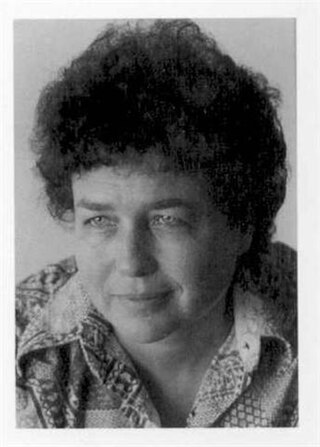
Ruth Kark is an Israeli historical geographer and professor of geography at the Hebrew University of Jerusalem. Professor Kark is a well-known researcher and expert in the field of the historical geography of Palestine and Israel.
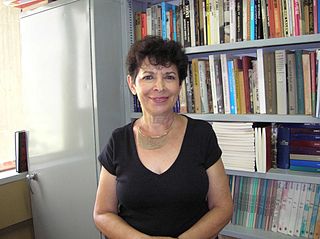
Dina Porat is an Israeli historian. She is professor emeritus of modern Jewish history at the Department of Jewish History at Tel Aviv University and the chief historian of Yad Vashem.
The following outline is provided as an overview of and topical guide to Judaism:
Christine Hayes is an American academic and scholar of Jewish studies, currently serving as the Sterling Professor of Religious Studies in Classical Judaica at Yale University, specializing in Talmudic and Midrashic studies and Classical Judaica.
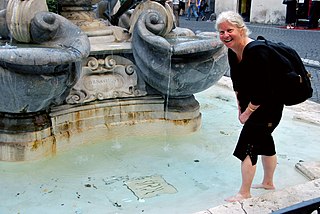
Tal Ilan is an Israeli-born historian, notably of women's history in Judaism, and lexicographer. She is known for her work in rabbinic literature, the history of ancient Judaism, the Dead Sea Scrolls, ancient Jewish historiography, Jewish epigraphy, archaeology and papyrology, onomastics, and ancient Jewish magic. She is the initiator and director of The Feminist Commentary on the Babylonian Talmud (FCBT). She received her education from the Hebrew University of Jerusalem. She is currently professor of Jewish Studies at the Free University of Berlin.
Daniel R. Schwartz is a professor of Jewish History at the Hebrew University of Jerusalem. He is a scholar of Hellenistic Judaism, Flavius Josephus, the Second Temple Period, and the book 2 Maccabees.
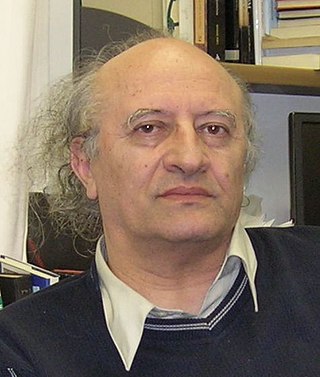
Moshe Idel is a Romanian-Israeli historian and philosopher of Jewish mysticism. He is Emeritus Max Cooper Professor in Jewish Thought at the Hebrew University, Jerusalem, and a Senior Researcher at the Shalom Hartman Institute.
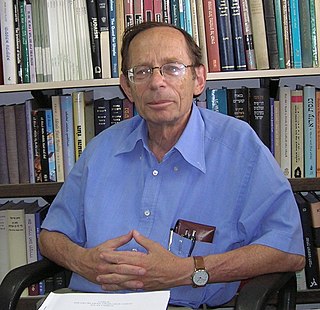
Gerald Blidstein was professor emeritus of Jewish Philosophy at Israel's Ben-Gurion University of the Negev. He was the Israel Prize laureate in Jewish philosophy (2006) and had been a member of the Israel Academy of Sciences since 2007.

Samuel Klein was a Hungarian-born rabbi, historian and historical geographer in Mandatory Palestine.
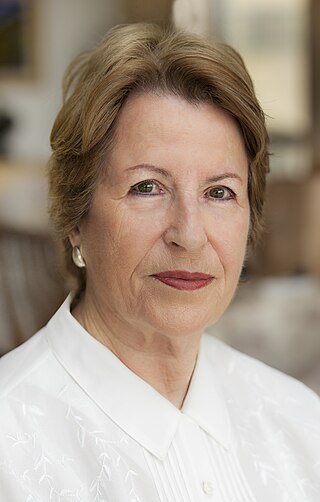
Dvora Hacohen is an Israeli historian and professor in the Martin (Szusz) Department of Land of Israel Studies and Archaeology at the Bar-Ilan University in Israel. Her research interests are the development of Israeli society.
Bezalel Bar-Kochva is a professor emeritus in the Department of Jewish History at Tel Aviv University. He is a historian of the Hellenistic period, the three centuries after the conquests of Alexander the Great, and the Second Temple period of Judaism. Bar-Kochva's research focuses on Judea, the Land of Israel, diaspora Jews, and the Seleucid Empire in that era. Notably, he has written extensively on the military history of the Maccabean Revolt as well as Greek views on Judaism and Jewish adaptation to Greek culture during the Hellenistic era.